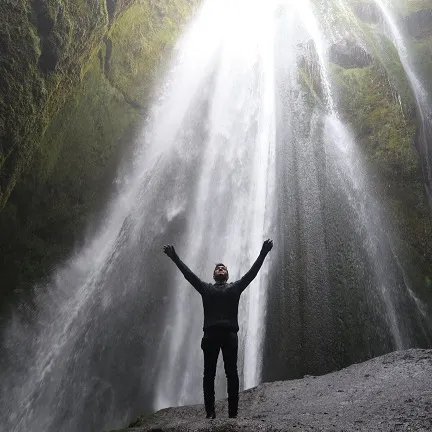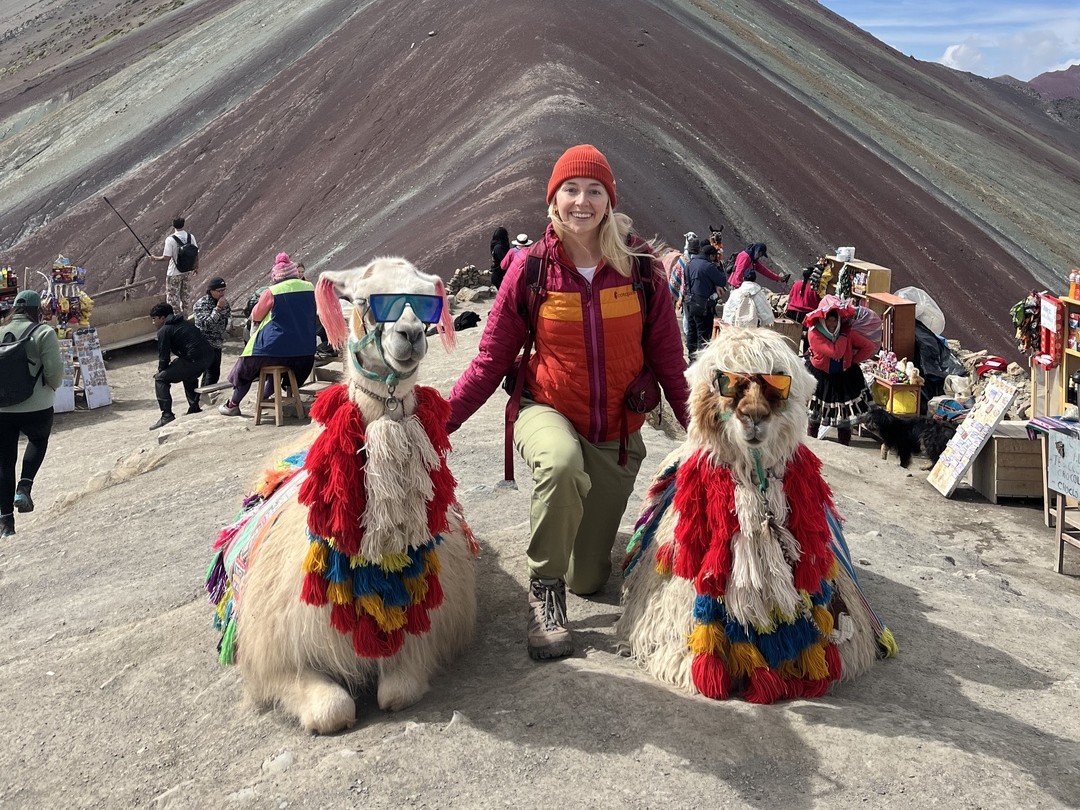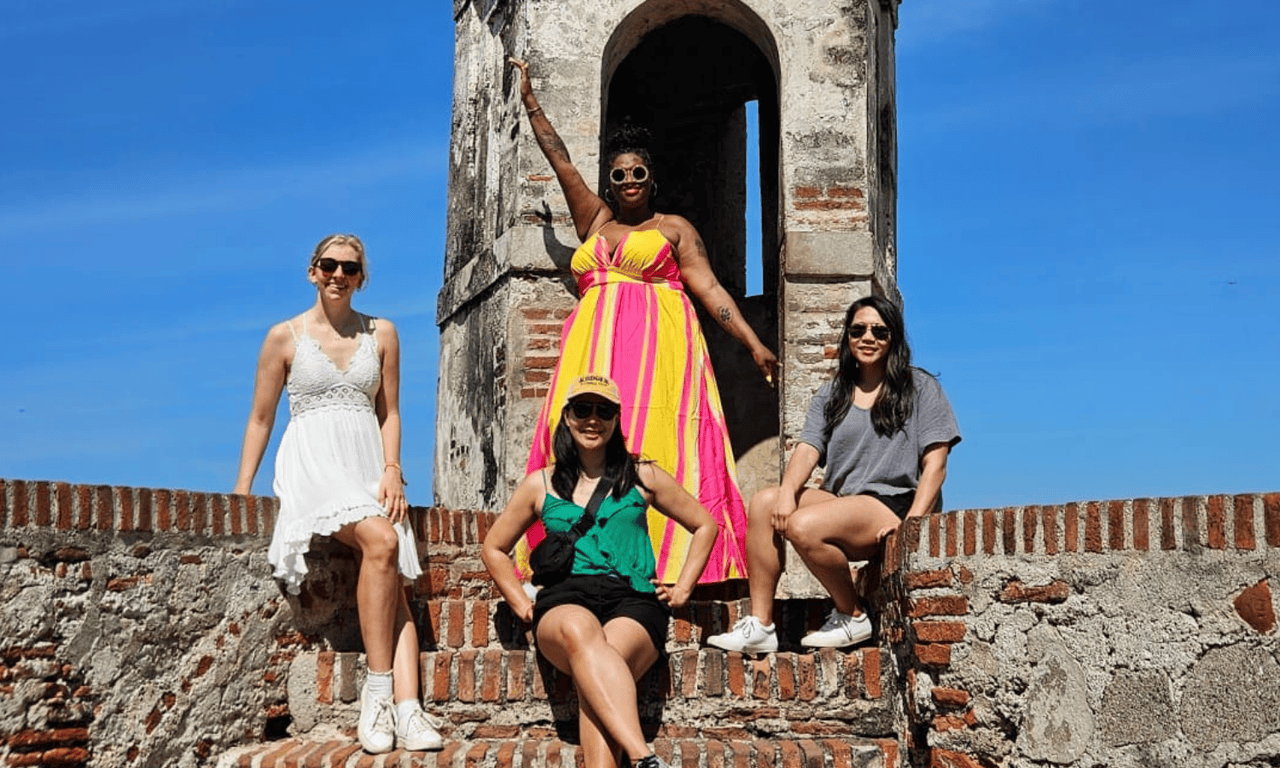There is nothing more exciting than finally booking that long overdue trip away from home.
For months, you anticipate arriving in a new place with a new culture filled with unfamiliar people. Your Chacos and dry-fit zip-up pants are packed. You are ready to repel those mosquitos...and most humans with your less than sexy travel apparel.
So why is it that when most people travel they don’t bother doing proper research on the place they’re traveling to?
You might argue that your style of travel is the “live in the moment” method, where you get to your destination and figure it out from there. After all, where is the fun of researching when you can just experience all the surprises instead?
I get it. And I've definitely done my fair share of it but there is one problem: not doing proper research can result in perpetuating the idea that tourists--although they are financially beneficial--fail to positively contribute to the countries they travel to.
Do the research
.jpeg)
Look, I'm not telling you to go to the library and check out an encyclopedia (do they even still make those?) to write a report on the country you are visiting, but by simply learning a few things about your travel destination can prevent you from making cultural faux-pas.
Even better: by showing the locals you know a thing or two, you can break the stereotype of tourists and perhaps restore a little faith in humanity. All in the time it takes you to look through all your friends’ snapchat stories and Facebook feed.
Here is an example to illustrate what I mean. If a tourist from another country came to your city and without hesitation spoke their native language to you with a Donald Trump sense of entitlement, you wouldn’t feel too thrilled helping him or her with directions.
The more I travel, the more I realize that the word “tourist” has a negative connotation to it. Let's change that and become the best type of tourists...which actually aren’t tourists at all. They are travelers.
With that in mind, here are a few tips on being a responsible traveler...
1. Learn the lingo
Take a few minutes to learn the most common local words and phrases.
Not only will this help you get by, but it shows that you are humble enough to make a fool out of yourself.
It’s a win win! I recommend Duolingo for a free and even fun way to learn a new language.
It is amazing how much you can learn simply waiting for your plane to board.
2. Take local transportation

One of the main reasons we travel is to gain perspective and empathy. To view how other cultures live.
What better way than to hop on a local bus? The bus is an easy way to immerse yourself in a different culture as well as a stranger’s armpit.
Am I not selling it?
Fun fact: The public bus is also the most environmentally friendly way to travel after walking and biking, according to this chart made by the Union of Concerned Scientists.
3. Don’t feed the animals

I get it. The Instagram picture of you feeding baby monkeys in Costa Rica got 231 likes, way more likes than the one of you on the banana boat.
The thing is though, feeding the wildlife does more harm than good. The more we feed animals, the more dependent on us they become, thus, unable to feed themselves when we leave.
I saw a man feed a part of his peanut butter and jelly sandwich to a toucan once. I’m almost positive that is not part of its regular diet. And neither are Froot Loops, by the way.
Feeding the wildlife human food can cause serious health problems, spread diseases and more. For further explanation, click here.
Bottom line: if we want to keep seeing these animals in their natural habitat, we have to stop feeding them.
4. Shop local

That awkward moment when you bought 16 pairs of Thai pants for every member of your family only to find out that they were made in Pakistan.
Oops. It was a bizarre moment for me, but a great lesson learned. Tourism can do great things for an economy, but if you aren’t informed or careful, you can give your money to the wrong people.
Stay at a locally-owned hotel or hostel as opposed to a big chain.
Buy produce and souvenirs from a market or an artisan-type shop. If you see the same souvenirs in different stores, that is usually a good sign to stay away.
Do you really need that ‘elephant smoking weed out of its trunk’ keychain anyway?
5. Give back to the community

The biggest difference between a traveler and a tourist is that a traveler gives back.
I’m not talking about building a school for under privileged kids in 8 days. Think simpler.
An easy way to give back is to pick up your trash on the beach, and then pick up a few more pieces around you.
Help out an older woman with her groceries as she’s getting off the bus.
Give the local teens some good competition in a friendly game of soccer.
All of these examples cost absolutely nothing but they spread tons of positivity.
But more importantly: they break the stereotype of a tourist.
Which is why when you go to a different country, you should be a traveler and not a tourist.




.avif)


























